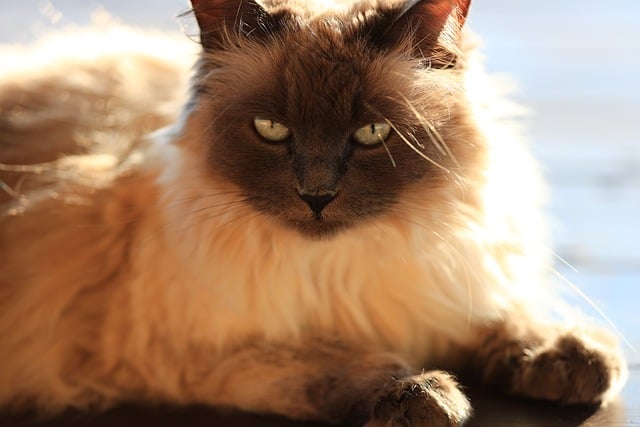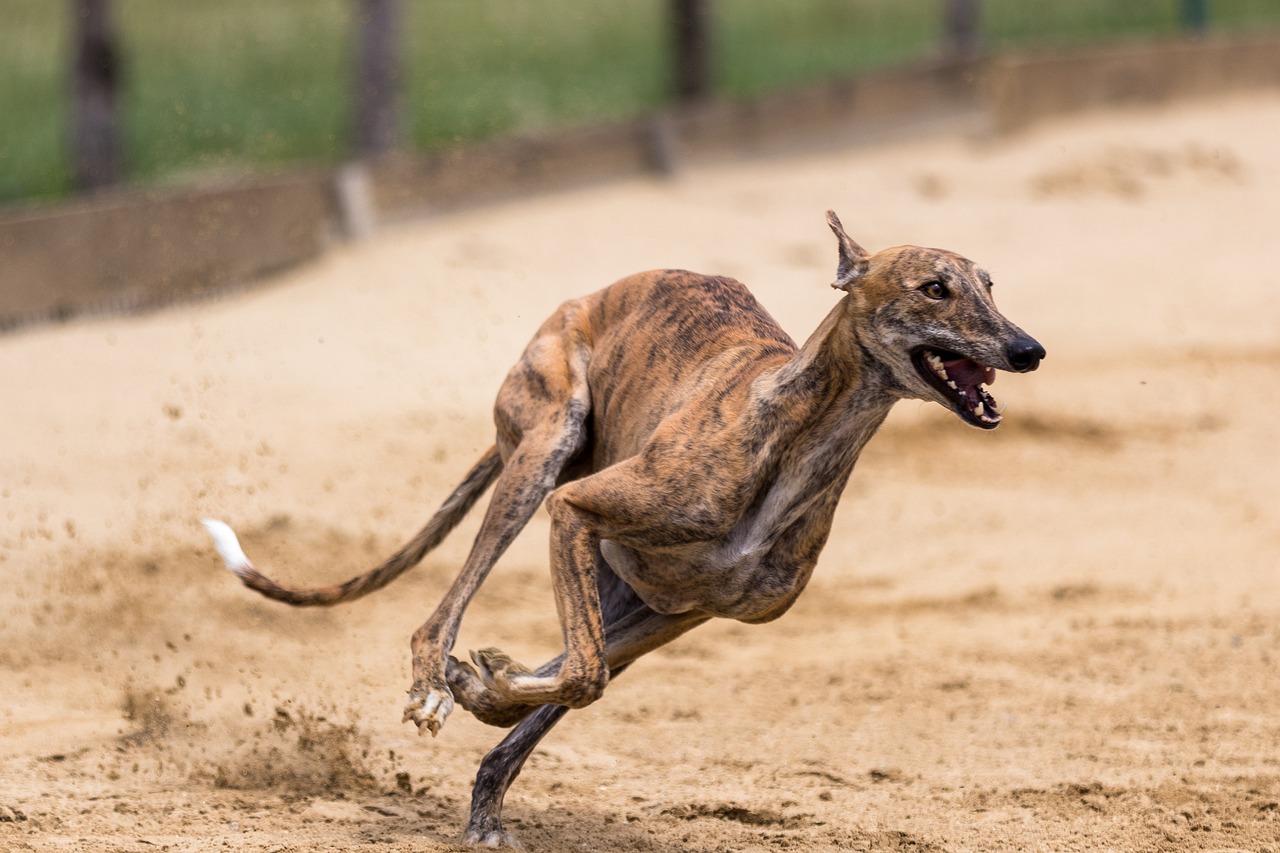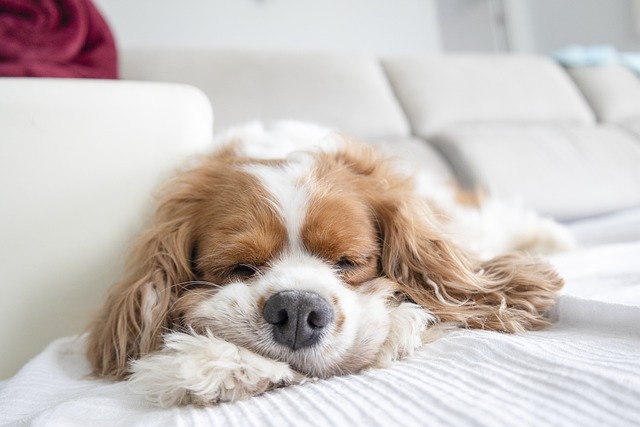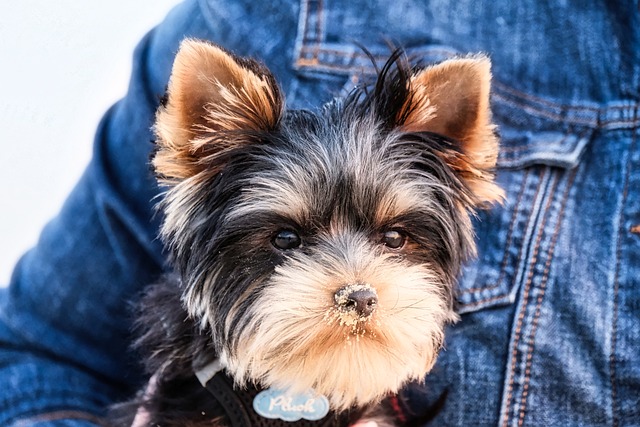Why Choose Non-Shedding Cats?
Owning a cat can be a delightful experience, filled with companionship and quirky behaviors that never fail to amuse However, for many, the downside of pet ownership comes in the form of allergies and constant cleaning due to shedding Hair from cats can be a real nuisance, collecting on clothing, furniture, and even affecting the air quality in your home For those looking for a feline friend without the hassle of extensive grooming and vacuuming, non-shedding cat breeds offer an ideal solution These breeds, often referred to as hypoallergenic, can significantly reduce the amount of cat hair in your environment, making them perfect for allergy sufferers or those who prefer a neater home environment Additionally, these cats are often recommended by allergists for households where allergy sensitivities are a concern, offering a practical solution for pet lovers who face respiratory challenges
Health Benefits for Allergy Sufferers
The advantages of opting for a non-shedding cat extend beyond simple cleanliness For individuals with allergies, these cats can be a game-changer Reducing allergen exposure in the home is crucial for those sensitive to pet dander, which includes tiny particles of skin that cats shed along with their fur Breeds with minimal shedding can help mitigate these issues, leading to a cleaner home environment and a better quality of life Reduced exposure to allergens can mean fewer allergic reactions, which often translates into less dependence on medications and more enjoyable time with your pet Furthermore, the psychological benefits of pet ownership, such as reduced stress and increased feelings of well-being, are more accessible to those who might otherwise have to avoid pets due to allergic reactions
The Science Behind Shedding
Understanding why some cats shed less than others involves a bit of genetics and breed history Cats that are non-shedding typically have a different coat structure or growth cycle compared to their shedding counterparts For instance, some breeds have a lack of undercoat, which is the primary source of shedding in cats Others might have hair that grows longer and sheds less frequently, meaning less hair is released into the environment during their growth cycles Additionally, some non-shedding breeds have been genetically selected over generations to produce fewer allergens, particularly the protein Fel D1, which is a common trigger for cat allergies This careful selection has resulted in breeds that are not only easier on allergies but also on the cleaning schedule of their owners
Top Non-Shedding Cat Breeds to Consider for Your Home
Choosing a non-shedding cat breed can drastically reduce the allergens in your home, providing a cleaner and more comfortable living environment for everyone. If you’re considering adding a feline friend to your household but are concerned about allergies or excessive grooming, here are some of the best non-shedding cat breeds to consider. Each breed offers unique characteristics and aesthetics, providing plenty of options for potential cat owners:
- Sphynx: Renowned for its lack of fur, this breed requires regular skin care instead of brushing.
- Cornish Rex: Features a short, wavy coat that sheds very minimally.
- Devon Rex: Similar to the Cornish Rex but with even less shedding due to its sparse coat.
- Russian Blue: Known for its dense, plush fur that sheds very little and is less likely to trigger allergies.
- Bengal: Its fine, short fur sheds less than that of many other breeds, and it requires little grooming.
- Balinese: Often referred to as the long-haired version of the Siamese, it sheds very little despite its longer coat.
- Oriental Shorthair: Has a short, fine coat that sheds minimally and is easy to maintain.
- Javanese: Features a medium-length single coat that rarely sheds, making it a good option for cleaner homes.
- Siberian: Despite its lush, thick fur, it produces less Fel D1 protein, reducing the likelihood of allergic reactions.
- LaPerm: Its curly coat traps dander and hair, resulting in lower shedding and reduced spread of allergens.
- Scottish Fold: Known for its unique ear shape and short, dense coat that sheds very little.
- Burmese: Possesses a short, sleek coat that requires minimal grooming and sheds less frequently.
Each of these breeds offers a combination of low shedding and distinct personality traits, making them suitable for a variety of households and lifestyles. Whether you prefer the playful and affectionate nature of the Devon Rex or the quiet elegance of the Russian Blue, there’s a non-shedding cat that can fit into nearly any home environment.




